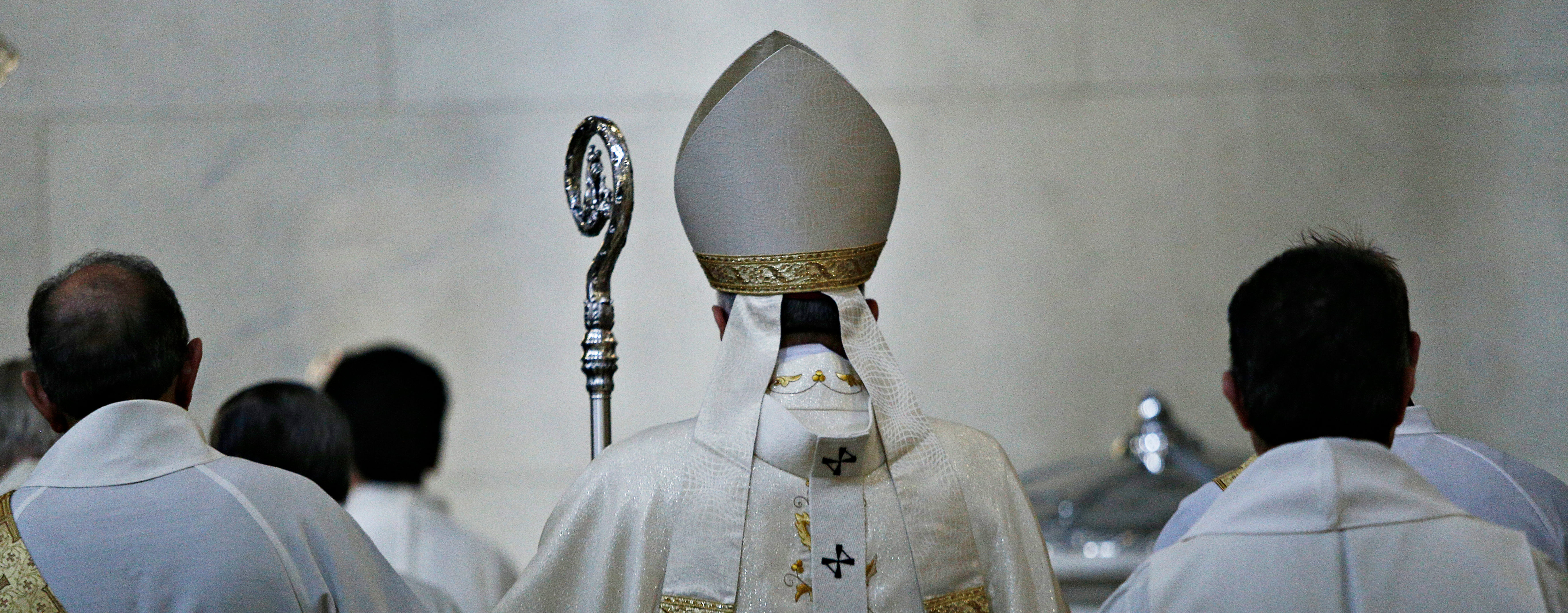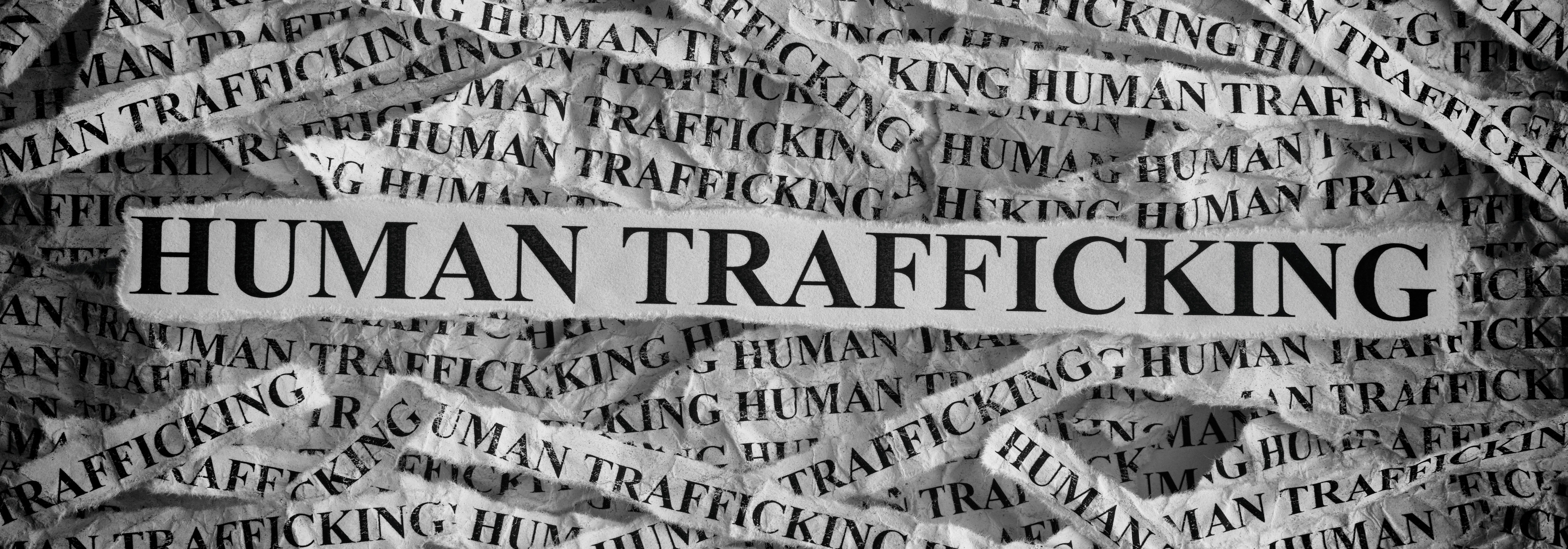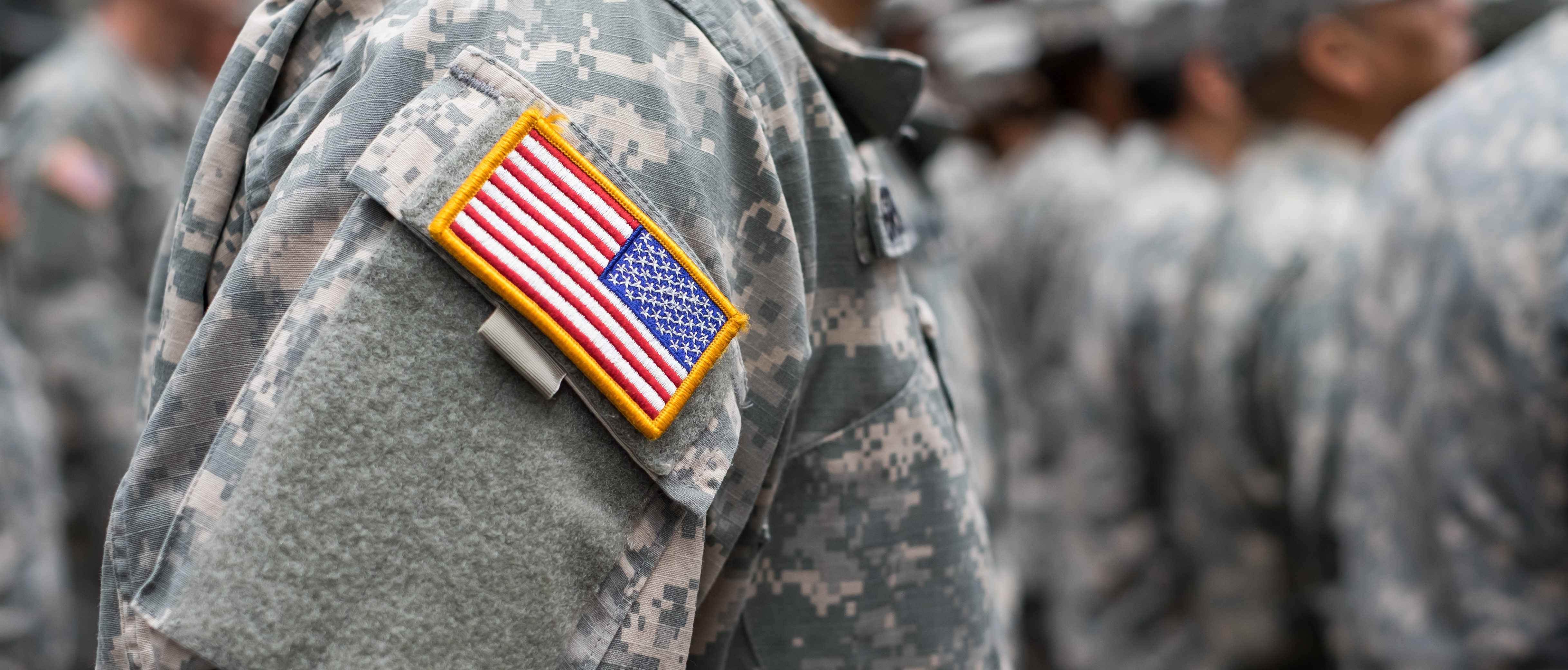
Earlier this year, the Diocese of Oakland released a list naming priests accused of sexual abuse. Along with the accused, the list also includes individuals who have been sued, arrested, and convicted of sexual abuse. Several other dioceses across the United States have begun to publish similar lists in efforts to reassure parishioners amid renewed scrutiny of the Roman Catholic Church.
If you suffered childhood sexual abuse at the hands of a priest, you likely wonder: What do these lists mean? What happens now? The publication of names is just the beginning in the fight for justice. Currently, attorneys in California are working with plaintiffs to verify the names on these lists as well as add any that may have been left off. As you prepare to tell your story, working with an experienced attorney will ensure the right parties are held liable for their part in trying to cover up the abuse or turning a blind eye.
Are These Lists the Church’s Admission of Liability?
Not exactly. The Roman Catholic Church is governed by the Code of Canon law—all Catholic religious officials are bound by these laws. Canon law has a complex history and it has evolved over time but its ultimate duties to protect the Church and its reputation still stand.
The Church has been dealing with accusations of sexual abuse for decades. Although some accusations date back to the 1950s, molestation by priests in the U.S. and Canada was first given significant media attention in the 1980s. In the 1990s the issue began to grow, with stories emerging in other countries. By the early 2000s, Church sexual abuse was a global issue. In the U.S., determined reporting by the Boston Globe newspaper (as captured in the 2015 film Spotlight) exposed widespread abuse and how pedophile priests were moved around by Church leaders instead of being held accountable. It prompted people to come forward with allegations of sexual abuse across the world.
While the Roman Catholic Church hasn’t come out with an admission of liability, lawsuits are taking place across the country and the Church is being ordered to pay.
Statute of Limitations Limit Ability to Sue Dioceses
Filing deadlines, called statute of limitations, represent the first hurdle when it comes to pressing criminal charges or filing a civil lawsuit for sexual abuse. Many criminal cases of child sexual abuse by priests fall outside the statute of limitations. While the criminal statute was dropped in January 2017, granting plaintiffs limitless time to seek justice, many victims are subject to the old statute of 10 years from the date of the last injury. In addition to pressing criminal charges, minors have until age 26 to pursue the option of filing a civil lawsuit against the diocese.
Exceptions can sometimes be granted, but some of the plaintiffs are taking a different legal route by charging the church with racketeering “like a criminal enterprise,” and evoking the state’s nuisance law, alleging that the diocese created a public hazard through their coverup. Many of these lawsuits are aimed at securing non-monetary terms—putting pressure on dioceses to release crucial, and often damning, evidence that they knew certain priests were abusing children and did nothing to stop it. A landmark Minnesota lawsuit ended in a $210 million settlement spread across 450 plaintiffs. Another similar lawsuit filed in New Jersey obtained a seven-figure settlement in 1993.
What a Successful Church Sexual Abuse Settlement Looks Like
The Roman Catholic Church has an aversion to the public nature of trials. Nearly all successful sexual abuse lawsuits against the Church end in settlement, rather than making it to the courtroom. The scandal has cost the Church over $3 billion so far, according to NPR. In California, dozens of successful lawsuits against the Church have resulted in payouts to individual victims ranging from $400,000 to $3.75 million.
So what does it take to win? First, you have to go after the right party. Suing an individual priest isn’t the route to go. Most lawsuits have targeted dioceses and religious orders, rather than individual priests or parishes, which have little authority over priests. The diocese coffers include cash, stocks, land assets, real estate, and insurance coverage, though at least 20 religious orders have filed for bankruptcy protection.
Next, you need a strong liability claim. Dioceses are considered liable for hiring, supervising, and retaining or dismissing priests. So you must show how the diocese was somehow negligent in these duties. Unlike criminal court, in civil court you need not prove your case “beyond a reasonable doubt”—but, rather, you must show that your story is “more likely than not” to have happened.
Part of the difficulty in these cases is in petitioning for documents and winning their release. Churches are very good recordkeepers, but these books are shrouded in secrecy. If a judge approves, lawyers may obtain complaints of sexual abuse handled internally, the exact dates that demonstrate when the diocese knew of abuse allegations, and what actions were taken (if any) following knowledge of the abuse.
The State of California includes clergy as “mandated reporters,” meaning that individuals who suspect or know about the sexual abuse of minors and fail to report it to police or child protective services are committing a crime. The penalty for mandated reporters ranges from $1,000 to $5,000 in fines and six months to a year in jail.
Looking for a California Attorney Who Will Take Your Case?
It can be difficult finding a lawyer who empathizes with your situation and has the experience to win. There are many different law doctrines attorneys can pursue to hold leaders in the church, as well as larger organizations, accountable for their actions and inactions. For this reason, it is imperative that you find a law firm with particular expertise in litigating sexual abuse cases relative to the church.
Priests have been accused of sexual abuse for decades but only recently has the Roman Catholic Church decided to release lists naming them. The release of these names has not come with an admission of liability leading to several class-action lawsuits being filed against the Vatican for its role in protecting accused sexual abusers. If you’re interested in filing a class-action or individual lawsuit, an experienced sexual abuse attorney will know exactly who to sue for sexual abuse in the Roman Catholic Church.
Large organizations may try to shield themselves from liability but the experienced civil attorneys at Lewis & Llewellyn have what is required to prevail in a civil lawsuit against a powerful and well-funded institution such as the Roman Catholic Church.
Whether you’re advocating for your child or are an adult seeking closure for abuse suffered years ago, Lewis & Llewellyn has the experience, grit, and compassion to help you obtain justice and maximum compensation. Contact our team online for support and guidance to see you through this emotional time, or call +1 (415) 800-0590 to schedule an appointment with an advocate today.
DISCLAIMER: The information in this blog is provided for general informational purposes only, and may not reflect the current law in your jurisdiction. No information contained in this blog or on this website should be construed as legal advice from Lewis & Llewellyn LLP. Neither your receipt of information from this website, nor your use of this website to contact Lewis & Llewellyn LLP creates an attorney-client relationship between you and the firm or any of its lawyers. No reader of this website should act or refrain from acting on the basis of any information included in, or accessible through, this website without seeking the appropriate legal advice on the particular facts and circumstances at issue from a lawyer licensed in the recipient’s jurisdiction.











